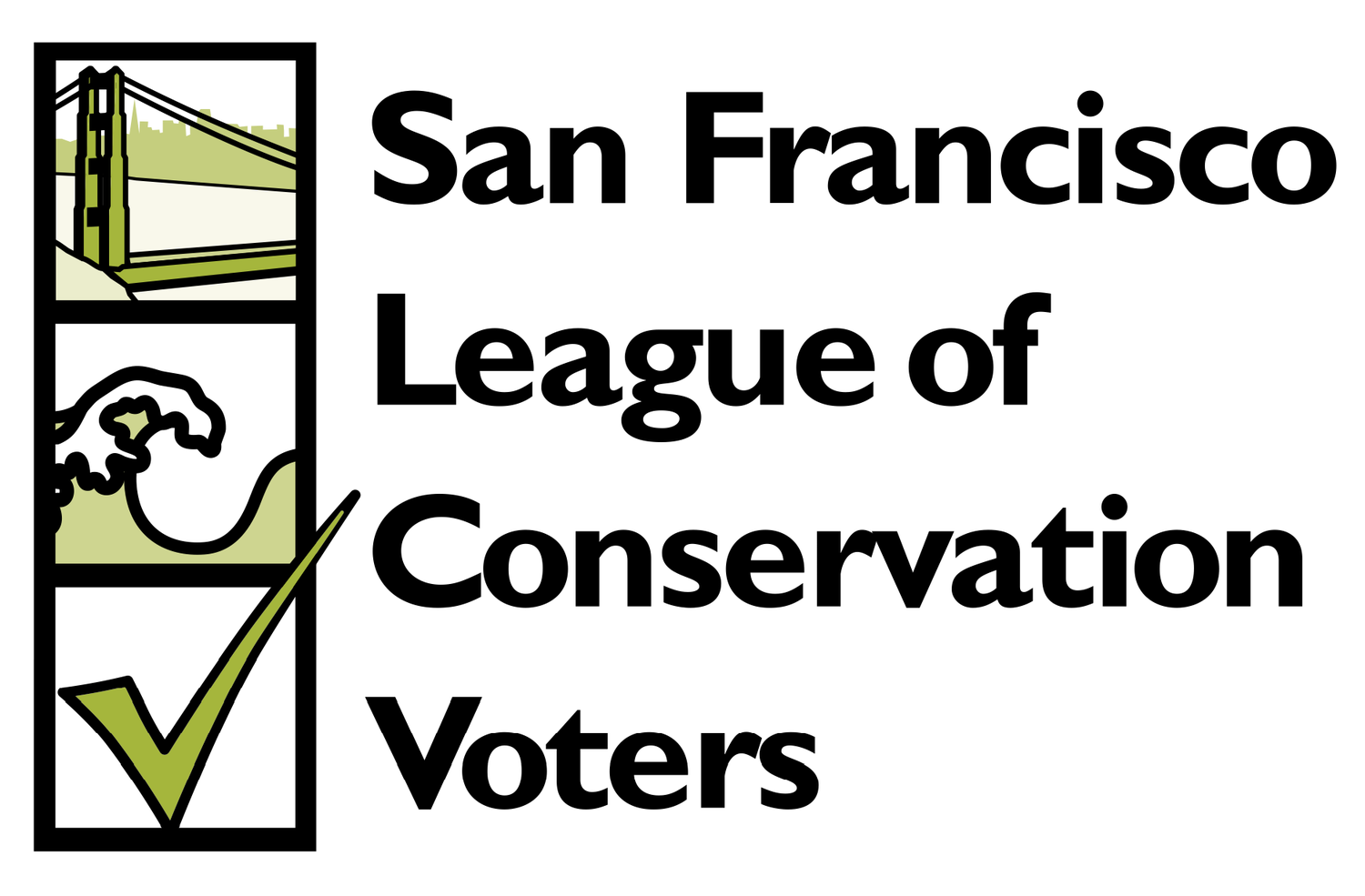November 2022: Vote Yes on Prop D, the Affordable Homes Now Initiative
/San Francisco has the slowest process in the entire state for reviewing proposed new housing. From an environmental perspective, San Francisco is probably the best location in the state for new housing. Because of San Francisco’s sustainable forms of transportation (walking, biking, transit), mild climate, relatively green sources of electricity, strict green building standards, and low per-capita use of water, new housing built here has a lighter environmental footprint than new housing built almost anywhere else in the state. San Francisco’s decades-long failure to allow enough housing to be built is also a major factor in the City’s high cost of housing, its shameful lack of affordability, and the displacement of lower-income communities. As a result, people move farther away from their jobs, creating time-consuming and polluting long-distance commutes for those who can least afford it.
Proposition D would help to address these problems. San Francisco’s Charter currently requires almost all housing proposals to go through a discretionary review process even when they are fully consistent with zoning and building code requirements. That review process is slow and unpredictable, allowing legal challenges that lead to further project delays. State law currently requires the City to provide a streamlined, non-discretionary review process for certain projects that comply with the City’s objective planning standards (i.e., quantitative or other non-subjective standards) and where at least 50 percent of the units meet affordability requirements. That state law is set to expire at the end of 2025, however.
Prop D would establish a similar, permanent streamlined permitting process for three categories of housing:
Projects where all of the housing would be affordable to households earning an overall average of not more than 120 percent of area median income;
Educator Housing Projects, whose units are restricted to households with at least one employee of the San Francisco Unified School District or San Francisco Community College District; and
“Increased affordability” projects that include at least 15% more onsite affordable units than is required under San Francisco’s inclusionary housing ordinance. For example, if a proposed apartment building would normally be required to make 20 units available to lower-income households, it would need to provide an additional 3 units (20 * 15% = 3) that are affordable to low- or moderate-income households.
To qualify for streamlining under Prop D, projects must comply with the City’s objective planning and building code standards and applicable state laws regarding affordable housing. Projects must also comply with prevailing wage and other labor requirements. Because the California Environmental Quality Act (CEQA) applies only to projects that require some form of discretionary governmental approval, projects eligible for streamlining under Prop D would generally not be subject to CEQA.
By establishing a faster and more predictable review process for projects that provide more affordable housing than is required by existing law, Prop D would address one of the major factors contributing to San Francisco’s housing affordability crisis. By facilitating more transit-oriented infill multi-family housing, it would also strengthen the City’s response to the climate crisis.
Supervisor Connie Chan and other members of the Board of Supervisors have placed a similar, competing measure on the ballot, Proposition E. The requirements in Prop E are so strict that it would likely discourage new housing and deliver even fewer affordable units. SFLCV therefore urges voters to support Prop D and oppose Prop E.


